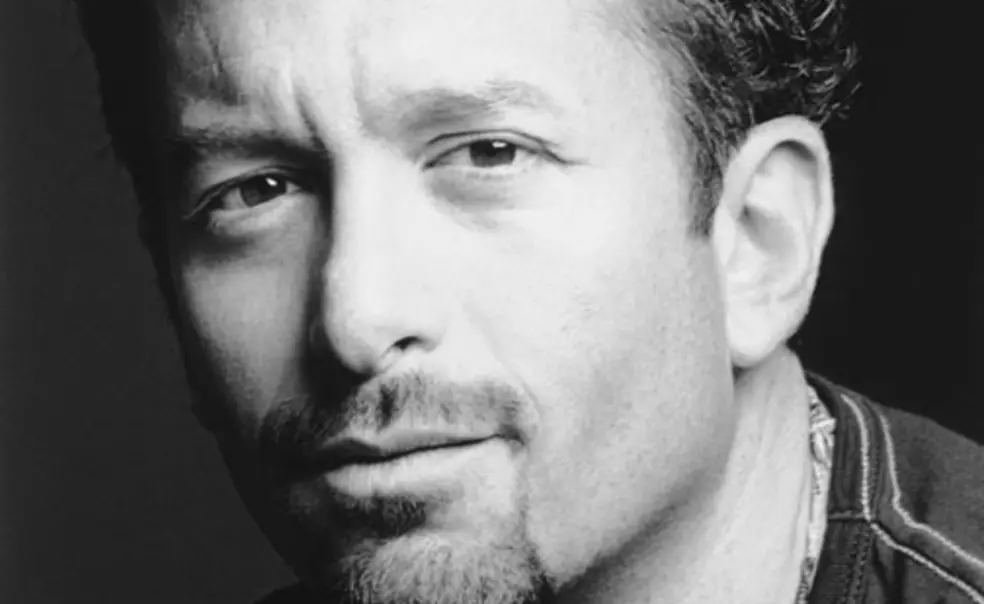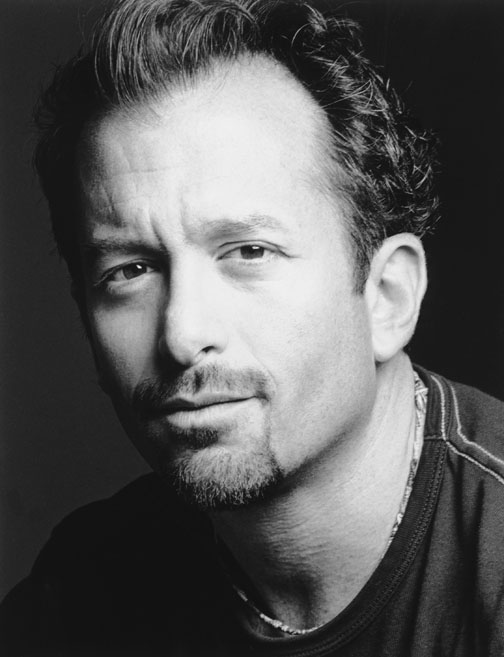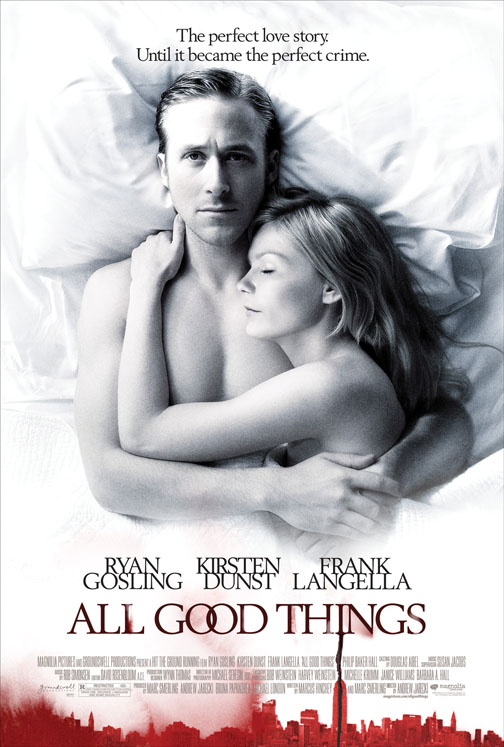Portraying ambiguity
Andrew Jarecki ’85 explores the troubling story of a New York family in his latest film
In his growing body of film projects, Andrew Jarecki ’85 pursues a special kind of dangerous creature. No vampires, no space aliens, no mutants — just humans. “I’m fascinated by monster stories,” he says. “When I hear about people capable of extreme behaviors, I always think it’s interesting that these people didn’t start that way.”
Jarecki’s latest film, All Good Things — he developed the script with two partners and directed and co-produced the film — was inspired by the four-decade-long story of Robert Durst, the troubled scion of a wealthy New York real estate family. Durst’s wife, Kathleen McCormack, disappeared in 1982; her body was never found. Durst later was acquitted of murder in the death of an elderly neighbor after he claimed to have killed the man in self-defense (he served some time in prison on related charges). Jarecki’s film was scheduled to be released in theaters Dec. 3, though in late October the Durst family was threatening legal action to try to stop distribution.
Jarecki is drawn to characters with complex motives, beyond easy black-or-white interpretation. He first drew attention in 2003 as the writer and director of the Oscar-nominated documentary Capturing the Friedmans, about a father and son who pleaded guilty to sexual-abuse crimes against children. The film, which used home movies made by the family, raised questions about the prosecution of the case. Jarecki also recently produced the film Catfish, about deception in online dating; while its makers insist it is a documentary, some viewers have questioned whether it all is real.
After the success of Capturing the Friedmans, Jarecki began to take a closer look at Durst. In his new film, the character based on Durst is named David Marks and is played by Ryan Gosling; Kirsten Dunst plays Katie McCarthy, the character based on Durst’s wife — a woman who “was beautiful and from the other side of the tracks and was able to penetrate high society,” says Jarecki. Frank Langella plays Sanford Marks, the character based on Durst’s father. In researching the story, Jarecki interviewed more than 100 people connected to the case, but he always planned the project as “a narrative feature,” rather than a documentary.
“I wanted to get closer to the reality of who Durst was, and his relationship to his wife,” he says. “I needed to speculate on the nature of the relationship, and that would need an intensely human and specific portrayal that would come from a great actor. The movie doesn’t involve facts and figures, but an emotional journey.”
All Good Things is a harrowing portrayal of tensions within a family dynasty — delving into love, suicide, spousal abuse, and the legal system. The exact circumstances of McCarthy’s disappearance remain unsettled, paralleling what happened in the Friedman household in that no single, objective “truth” emerged. “I am into ambiguity, and that’s not easy to portray,” Jarecki says. “I feel guilty if I shortcut a story and make somebody a bad guy. That’s not the way the world works. I want to understand what happens when somebody gets into extreme circumstances.”
CatfishAll Good Things













No responses yet